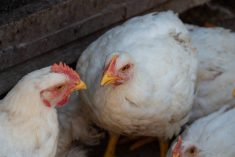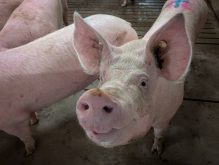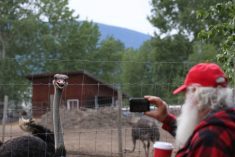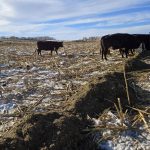A turkey farm in Manitoba’s southern Interlake region may be free of its avian influenza quarantine by later next week, allowing the farm to return to production.
Turkey Farmers of Canada recently reported cleaning and disinfection at the farm, a breeding operation in the RM of Rockwood, were complete as of Feb. 1, launching a 21-day wait period ending Feb. 23.
Some birds at the farm were confirmed Nov. 25 as having a low-severity (“low-path”) strain of avian influenza H5N2, making them the province’s first-ever on-farm case of notifiable avian flu.
Read Also
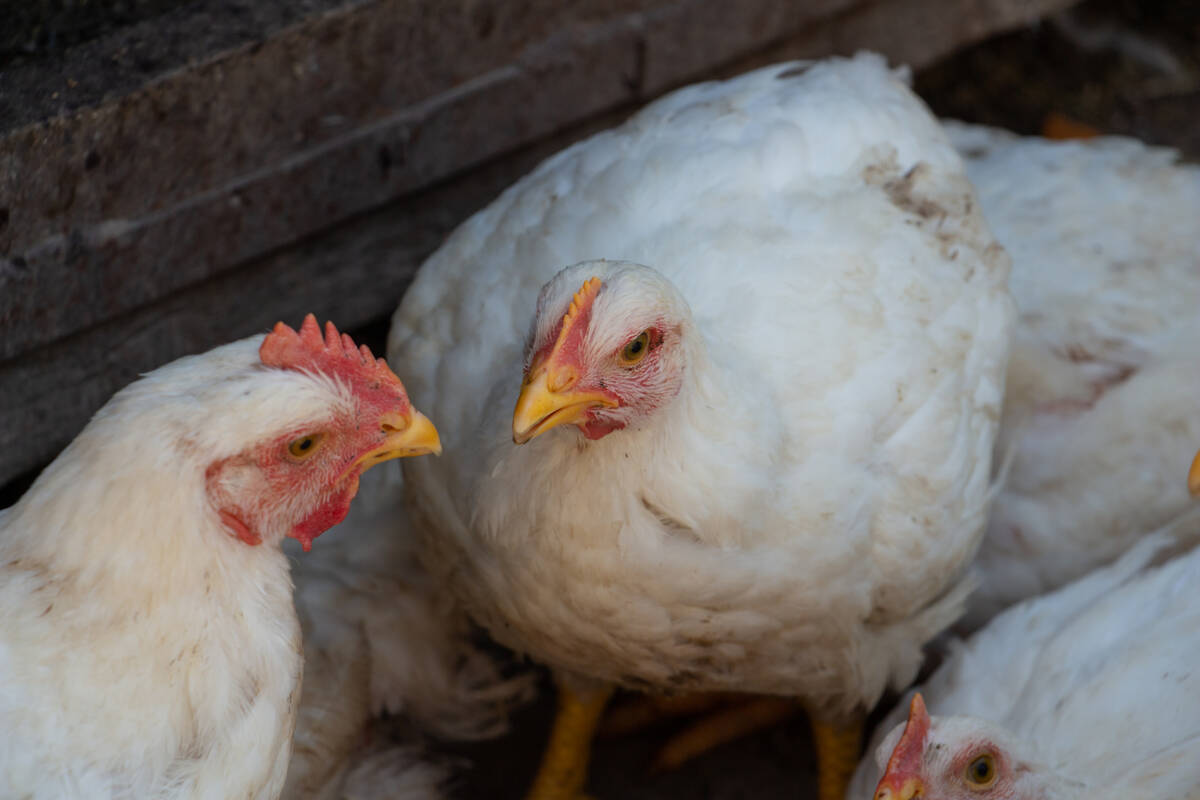
Chicken, eggs benefit from demand for economical protein
Strong demand for protein and status as an economical alternative to beef bodes well for chicken and egg demand in 2026 according to recent analysis from Farm Credit Canada.
The Rockwood farm’s birds were all destroyed as of Nov. 29 and disposed of, while other nearby farms subject to quarantine all tested negative for the strain.
The last of those other farms, a hatchery operation, saw its quarantine lifted Dec. 23 after it was “depopulated” of eggs and poults.
The “low-path” confirmation in November allowed Canada to keep its World Organization for Animal Health (OIE) status as free of “high-path” bird flu, which it regained in April 2008 after cleanup of an outbreak of high-path H7N3 on a poultry farm near Regina Beach, Sask.
According to the Turkey Farmers, CFIA will now begin “post-outbreak surveillance testing,” supplementing its existing Canadian Notifiable Avian Influenza Surveillance System (CanNAISS) testing to meet OIE requirements and restore Canada’s status of full freedom from notifiable avian flu.
Bird flu can be devastating on an affected commercial poultry farm, but human health experts’ concern is that a “high-path” strain such as the infamous H5N1 could mutate or combine with another flu virus such as H1N1 that could spread more easily between people.
Avian flu is not a food safety risk when poultry and poultry products are properly handled and cooked.


